Understanding Social Anxiety and Its Impact
This type of anxiety is the most widespread and refers to significant/disproportionate fear and shame associated with one or more social situations where you feel examined by others.
The fear is related to the fact that you may have anxiety symptoms that others consider ridiculous, embarrassing, offensive, or laughable. This fear is closely linked to low self-esteem and increased reactivity to criticism. Risk factors are humiliating or highly stressful events involving physical or emotional abuse from childhood/adolescence and adulthood.
Examples of concerns in the realm of social anxiety:
- The thought that you could embarrass yourself
- The thought that you could make others think you are stupid
- Excessive agitation at the thought that people might/will pay attention to you
- Regularly avoiding situations such as: eating in front of others, using public restrooms, writing in front of other people, asking a question when in a group, attending any meeting or party, etc.
- Excessive agitation at the thought that people might/will pay attention to you
Physiological manifestations:
- internal agitation most days
- often muscle tension due to anxiety and stress
- concentration disorders due to anxiety and stress
- difficulty falling asleep
- gastrointestinal discomfort
- facial flushing
- stiff body
- whispered voice
Psychological manifestations:
- submission
- withdrawal
- shyness
- over-assertiveness
A subcategory of this is performance anxiety, which is related to the ability to perform in a domain. When it occurs professionally, it creates increased reactivity to mistakes and a lot of pressure to accumulate more information.
Personally, it is correlated with sexuality. In this case, the person believes they "do not know," cannot cope, or are not attractive enough during sex. Sexual function is best manifested when partners are relaxed, sensory-oriented, and anxious thoughts about performance disturb the experience. Over time, performance anxiety, both professional and personal, can lead to complete withdrawal from activity.
Managing Anxiety Through Support and Hypnotherapy

If the thought of being considered weak/anxious/ridiculous makes you avoid any situation where you would be with people, it is essential to seek help. Left untreated, social anxiety feeds on avoidance. The more often you avoid it, the more the thought that it is dangerous, unpleasant, overwhelming, or that you cannot cope is reinforced. Facing this form alone is counterproductive, mainly since it occurs in relationships. A psychotherapist can help you find the comfort of being with people.
In taming anxiety, hypnotherapy is helpful because it provides a framework to explore the sources of stress and develop alternative responses to it. It is also an excellent way to regain the comfort and safety of being in your body. Toeasemymind can accompany you in this process.

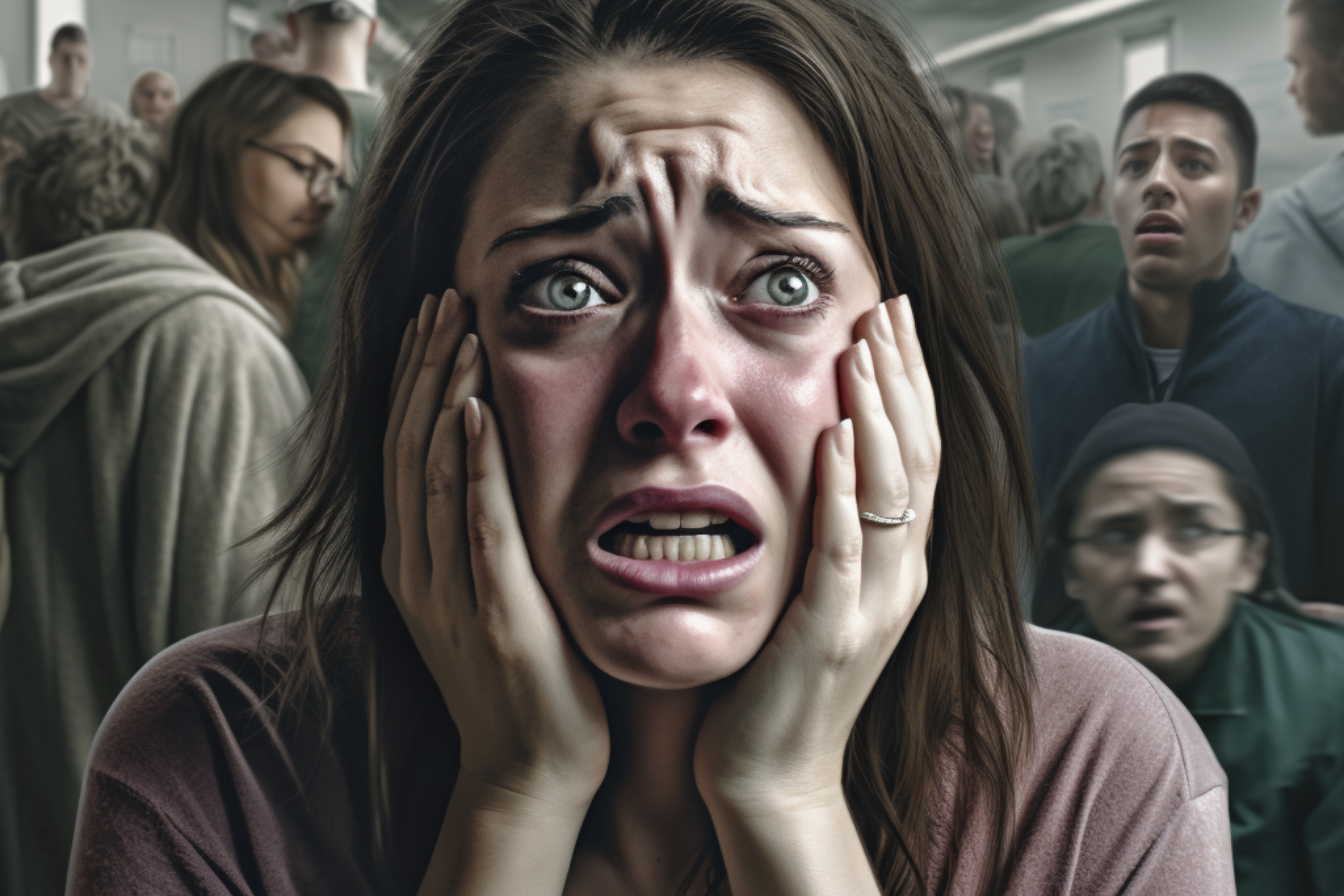


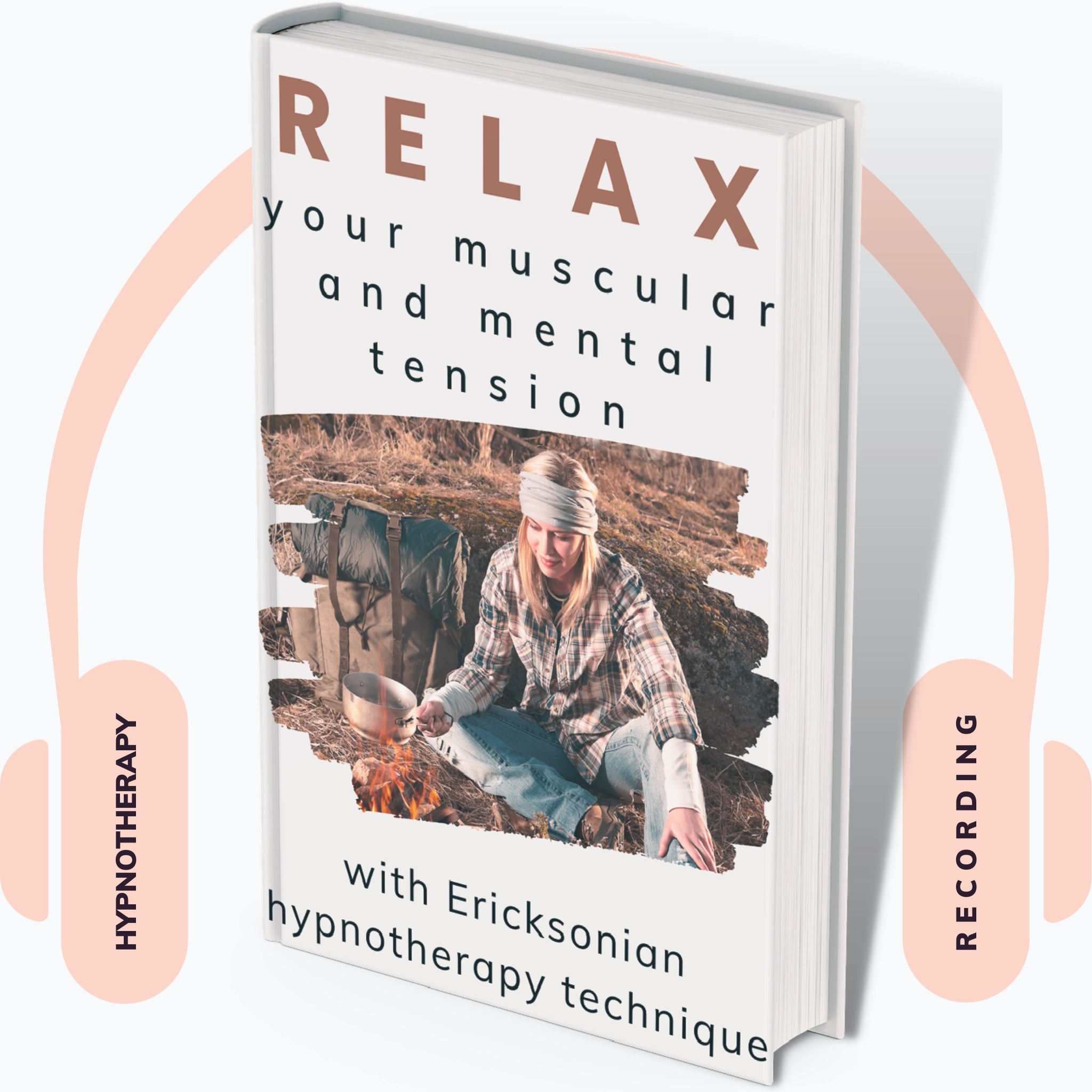
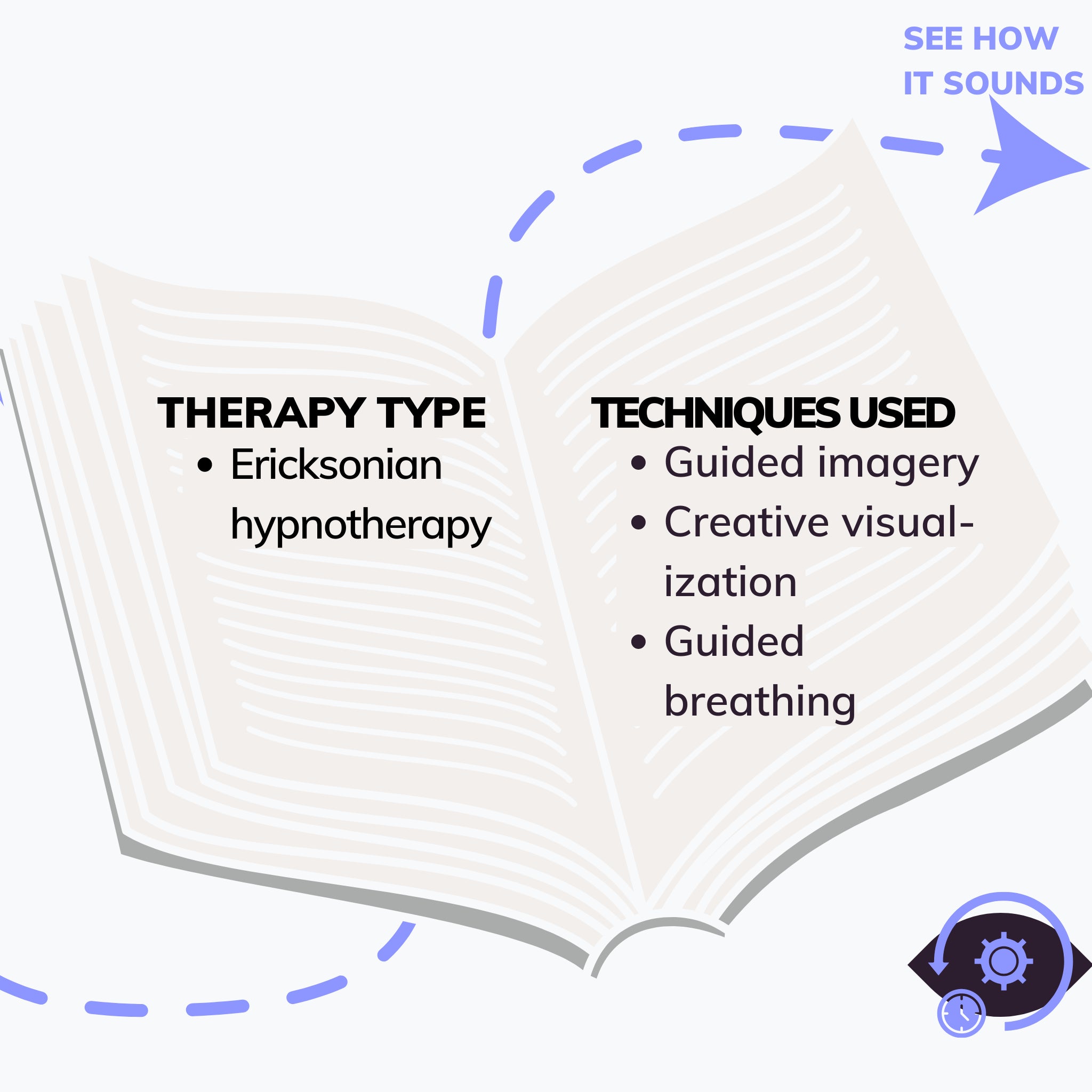
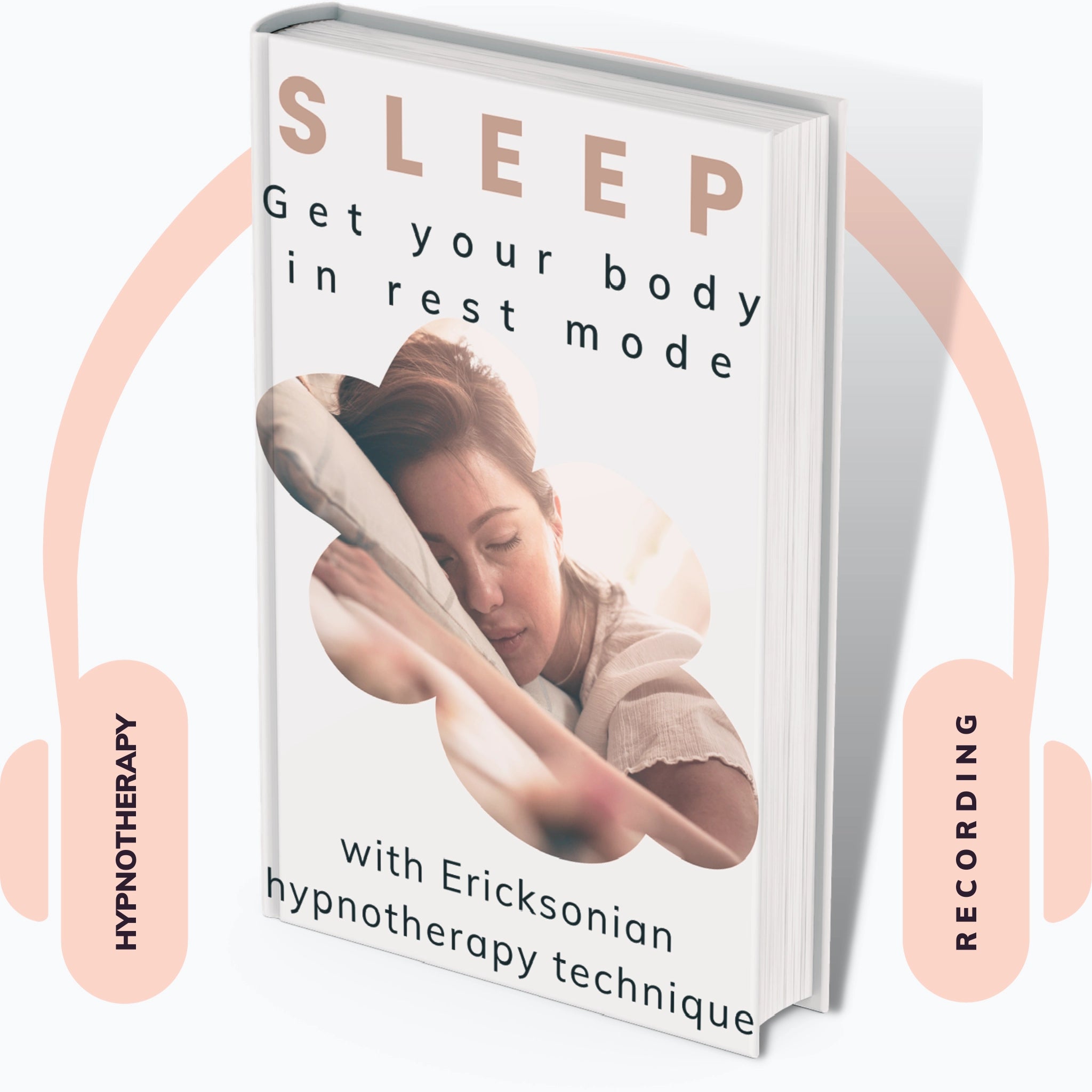
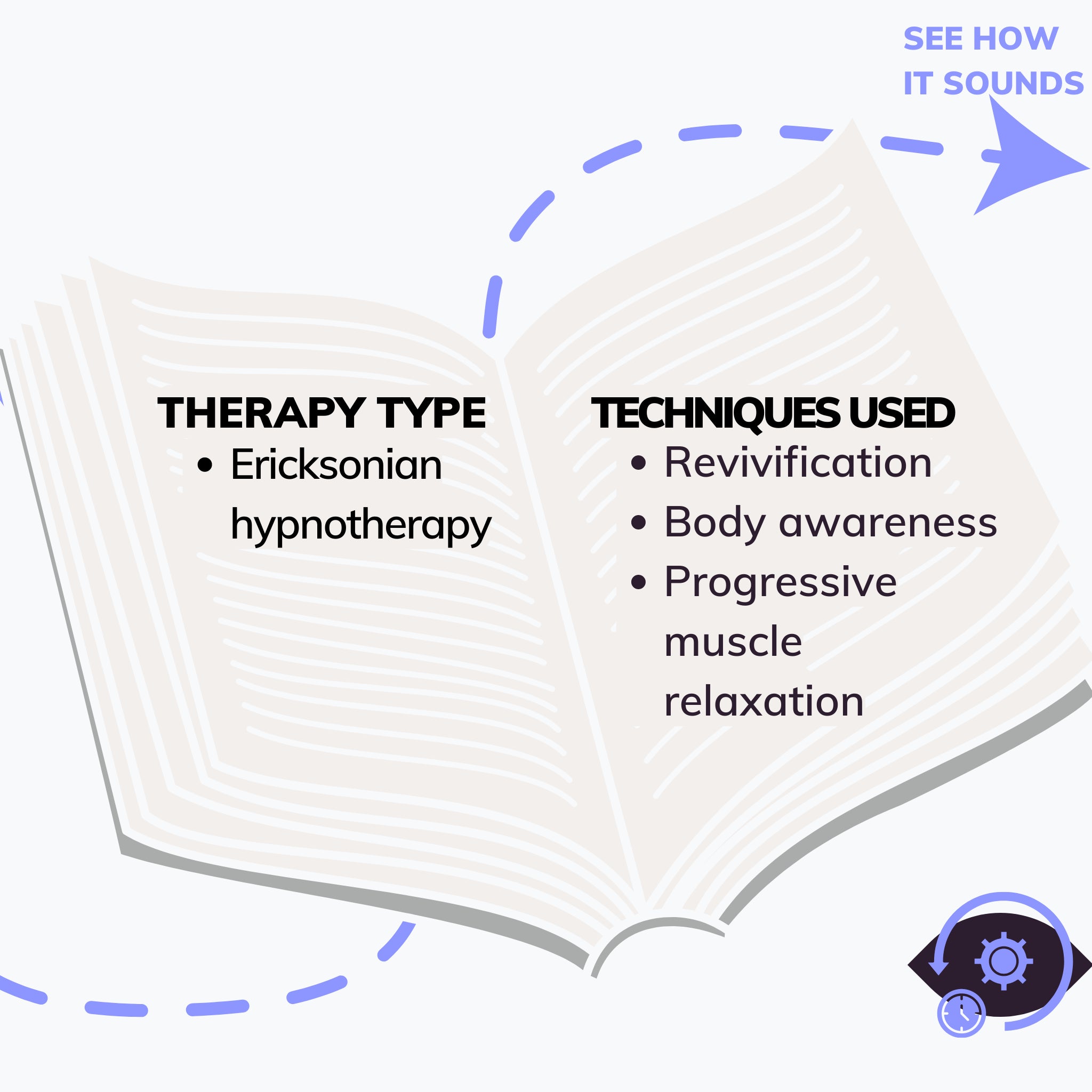
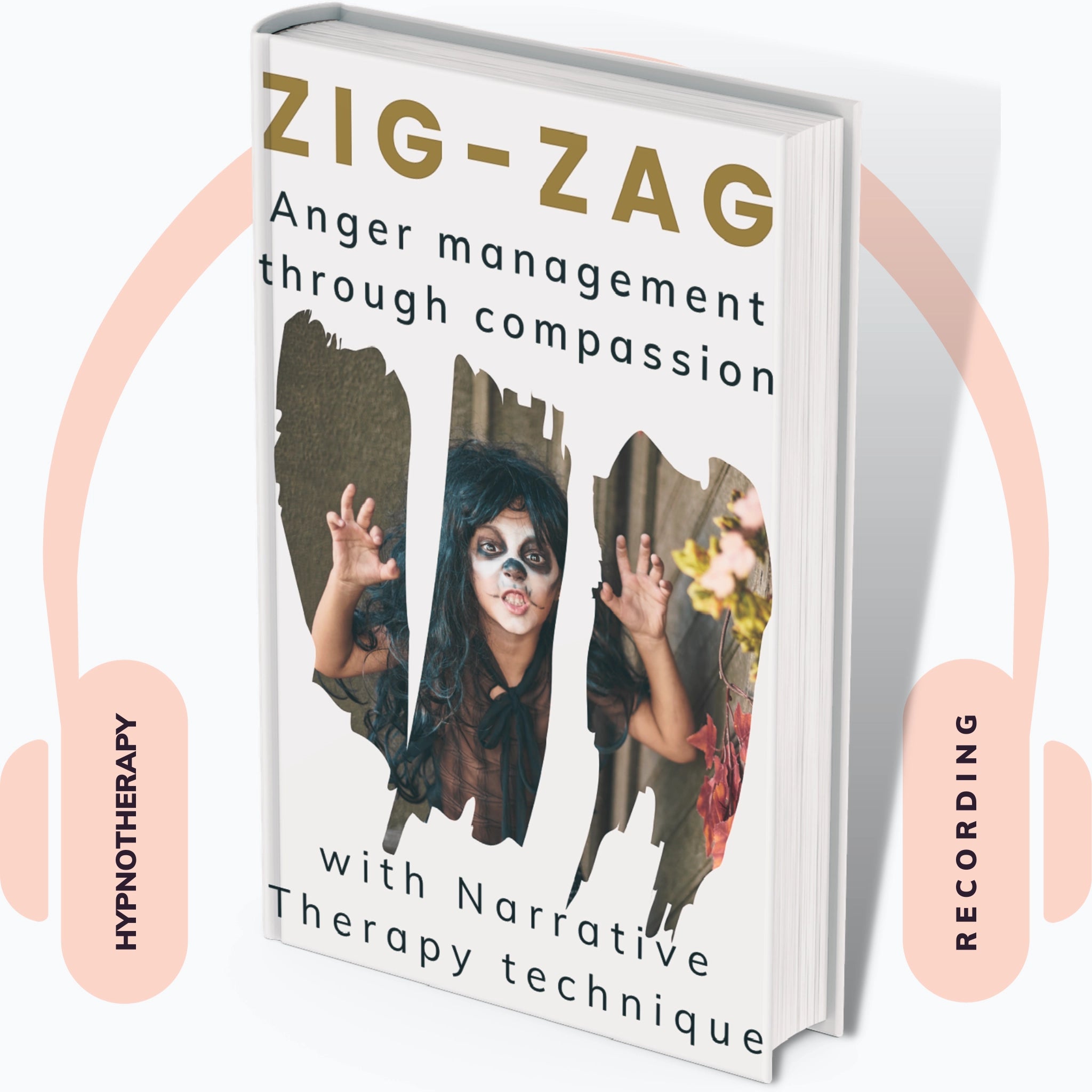
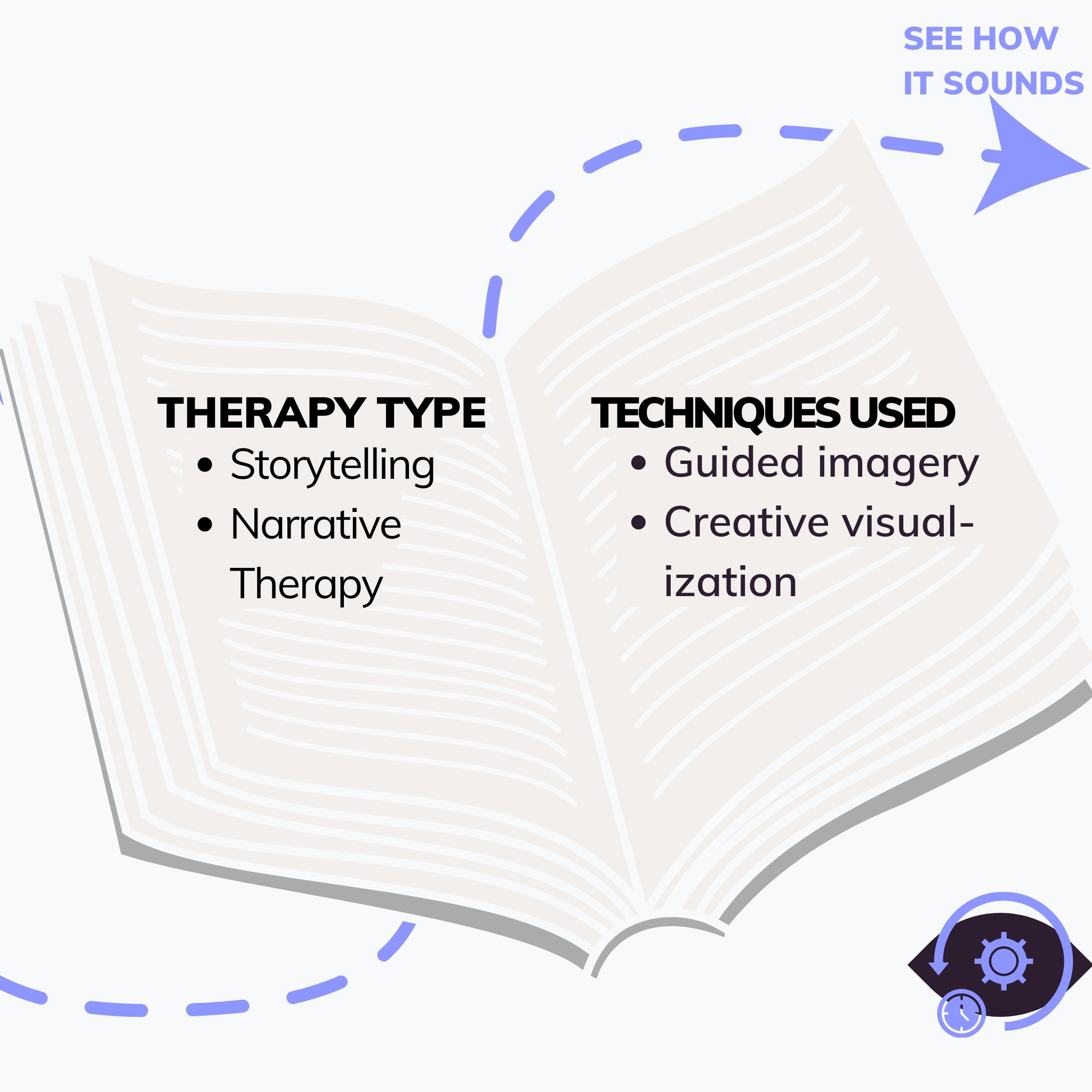
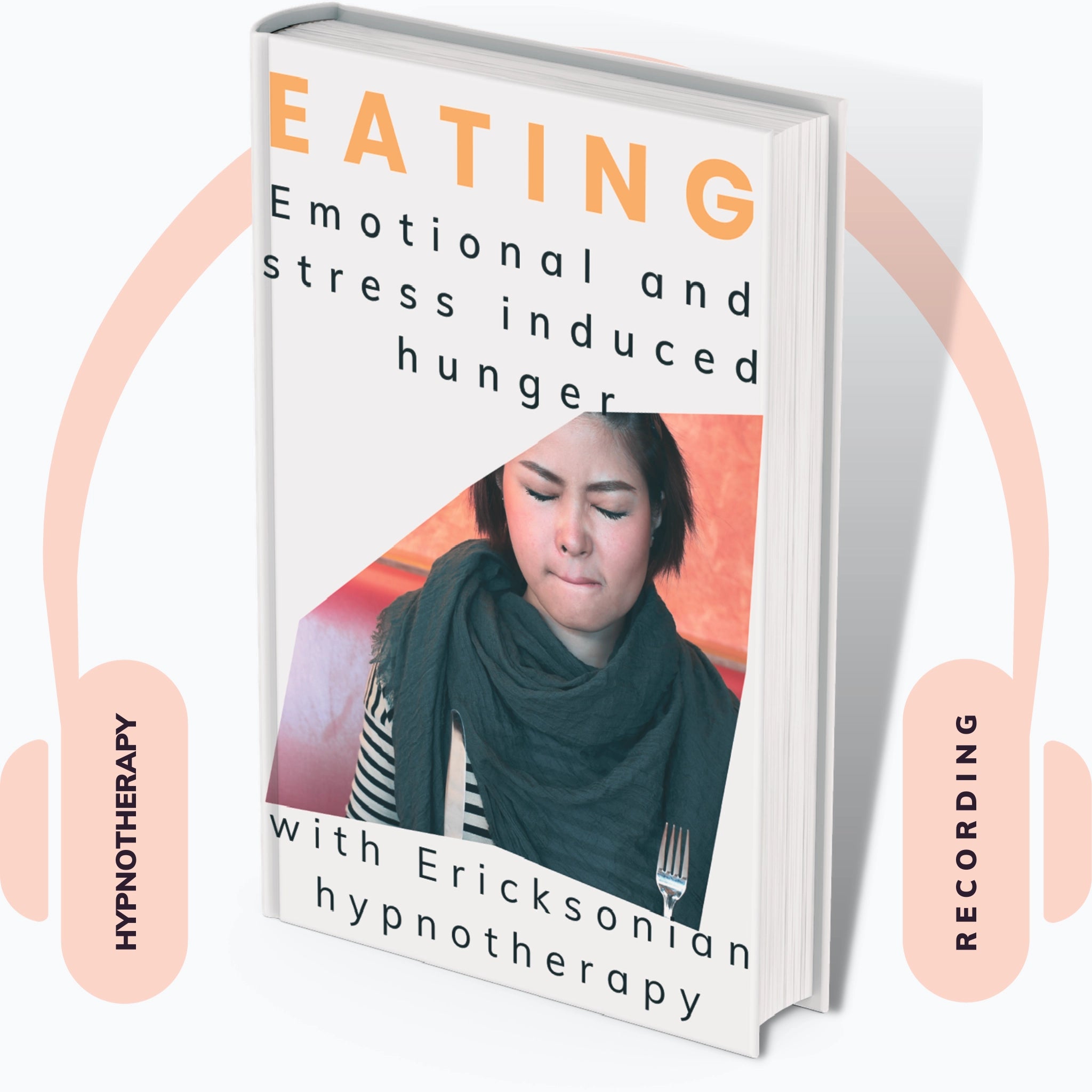
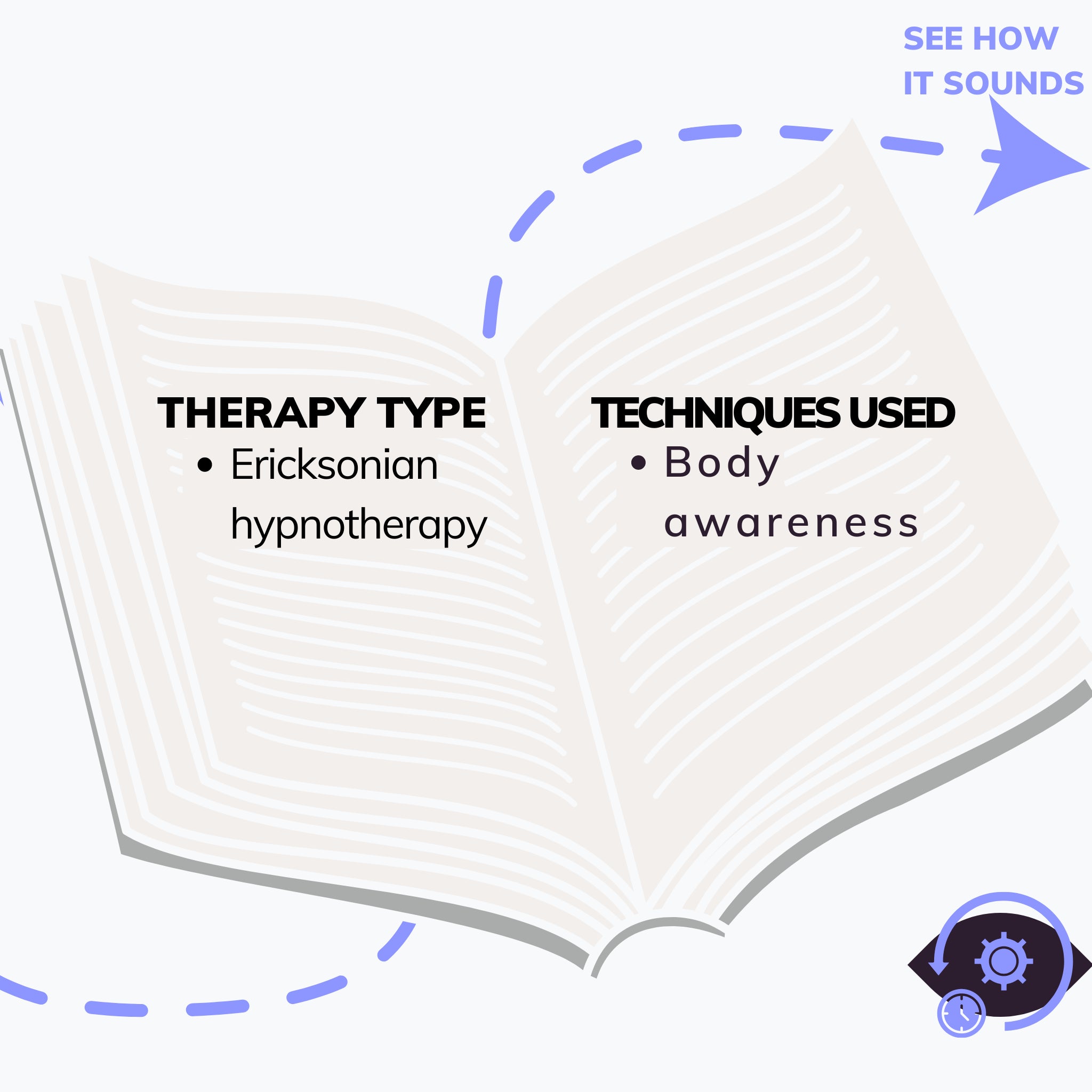
Leave a comment
All comments are moderated before being published.
This site is protected by hCaptcha and the hCaptcha Privacy Policy and Terms of Service apply.